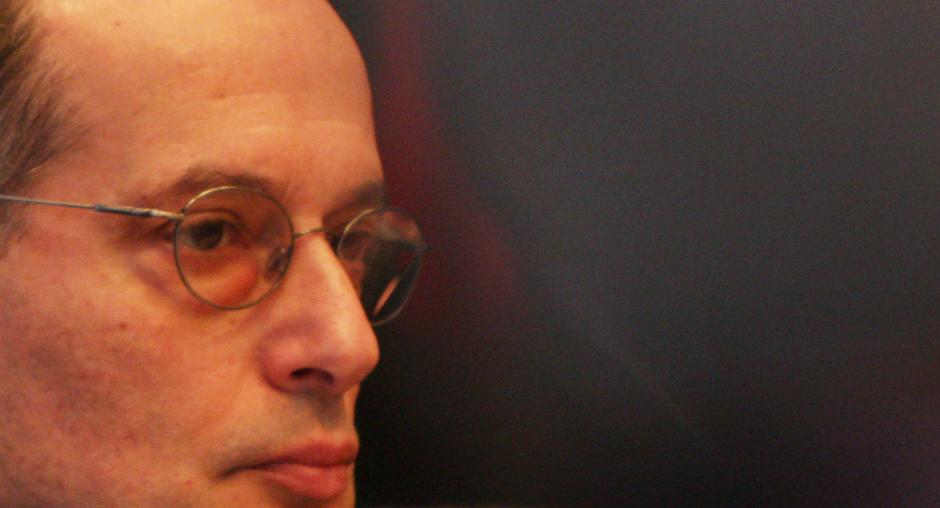Kazakhstan's media law amendments valuable first step, further reform needed, says OSCE media freedom representative

VIENNA, 28 January 2009 - The OSCE Representative on Freedom of the Media, Miklos Haraszti, welcomed today the adoption of a number of amendments to Kazakhstan's media law, and underscored the need for further democratization of media governance.
"I welcome the easing of administrative burdens on the media, as well as the fact that civil society was involved in the discussion about the changes," Haraszti wrote in a letter to Kazakhstan's Foreign Minister, Marat Tazhin, and Culture and Information Minister, Mukhtar Kul Mukhammed.
In January, the Kazakh Parliament adopted a package, "on amendments to some legislative acts of mass media of the Republic of Kazakhstan", putting into place some changes that have long been recommended by civil society and the OSCE.
Improvements cited by Haraszti in the letter included simplification of the registration process for the media, the possibility for the media to appeal to courts against denials of governmental information, and the possibility to use voice recorders and cameras to collect, but not to disseminate, information.
"However, the process of liberalization of Kazakhstan's media law should continue, because the current body of law, notwithstanding these useful amendments, still fails to meet several international standards," said Haraszti.
He provided the authorities with a list of the most important reforms which still need to be carried out, including:
- The media market should be de-monopolized;
- Registration should be managed by an independent body, and should be declarative and not permissive;
- The use of closure or confiscation of circulation as a penalty should be abolished;
- Libel and insult should be decriminalized;
- Only officials should be in charge of protecting classified information; breach of secrecy by others, including journalists, should not be criminalized.
Haraszti offered his office's assistance to help the Kazakh government carry out further reforms in the field of media legislation.
